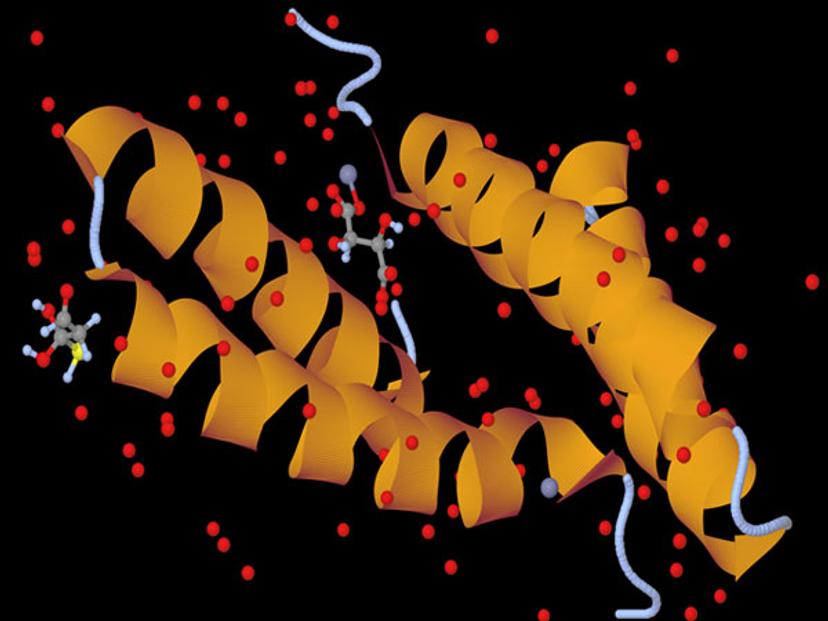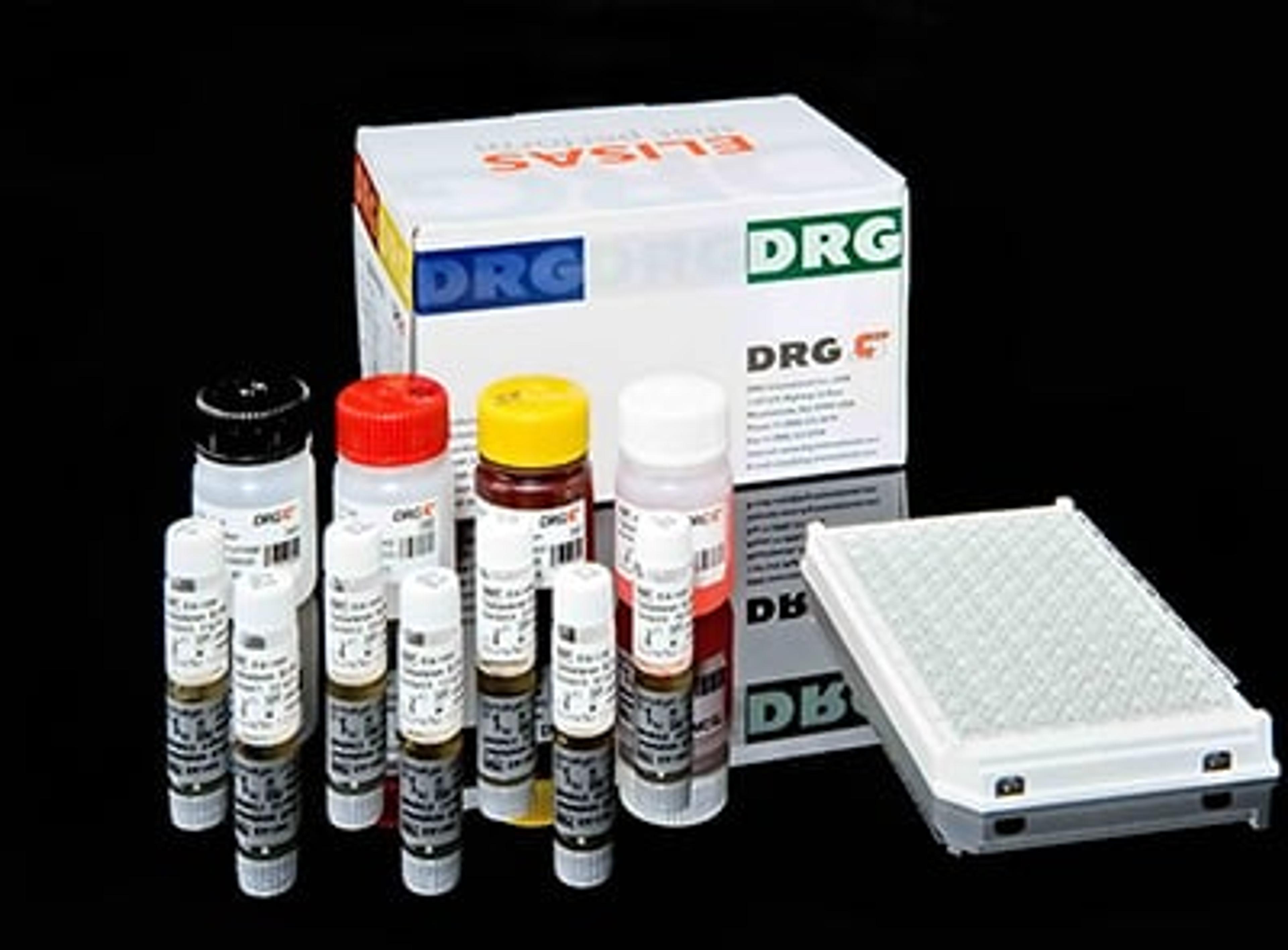Chemical Biomarkers of Cancer: The Hallmark of Disease
New clinical biomarkers have the potential to greatly improve our understanding of cancer
27 Jan 2016

Researchers continue to search for new chemical biomarkers that may be detected in the blood of cancer patients
Cancer biomarkers refer to measurable substances or processes in the body that show the presence of the disease in a patient. These biomarkers might be chemical substances that are secreted by tumors, or they might be substances that are produced during cancer driven, metabolic processes in the body. The scope of this article does not include molecular biomarkers.
Existing biomarkers
Biomarkers that are directly secreted by tumor cells are often secreted by normal cells too, however the abnormal cancer cells produce them at much higher levels. Clinical chemistry tests are able to detect some of these known cancer biomarkers and use them as hallmarks of certain types of cancer. Cancer biomarkers currently in clinical use are not specific or sensitive enough to be used on their own to diagnose cancer. However as part of a screening process, they provide valuable information on the possible type of cancer at the point of diagnosis, as well as being used for the monitoring of disease progression and/or response to therapy.
Beta-human chorionic gonadotropin (beta-hCG) – a hormone that is produced by embryos following implantation. This is the hormone detected in pregnancy tests. However beta-hCG is also elevated in some cases of cancer, including germ cell tumors and testicular cancers.
Cancer Antigen (CA)CA27.29 & CA15-3 – these antigens are found on the surface of breast cancer cells. These CA tests measure levels of the markers that have been shed by tumor cells into the blood stream. Both of these tumor markers are elevated in patients with breast cancer but may also be elevated in patients with related benign conditions (including ovarian cysts, benign breast disease, cirrhosis).
Alpha-fetoprotein (AFP) – AFP is a plasma protein that is normally produced by the fetus, predominantly during the first three months of development. AFP should normally be present in only very low levels in adults and raised levels can be detected in cases of liver cancer and germ cell tumors.
Beta-2-microblobulin (B2M) – a small membrane protein present on the surface of all nucleated cells. Levels of serum B2M are elevated in some benign conditions such as acute viral infection and chronic inflammation, but they are also elevated in haematological malignancies such as multiple myeloma, chronic lymphocytic leukemia and some lymphomas.
CA19-9 – the CA19-9 antigen is elevated in patients with cancers of the pancreato-biliary system such as pancreatic, gallbladder, gastric and bile duct cancers. CA19-9 is used to monitor the progress and treatment of patients with pancreatic cancer.
Other chemical biomarkers in clinical use include calcitonin (medullary thyroid cancer), CA-125 & HE4 (ovarian cancer) and prostate specific antigen (PSA), (prostate cancer).
Emerging biomarkers
Researchers continue to search for new chemical biomarkers that may be detected in the blood of cancer patients. The field of proteomics - the study of protein function, structure and expression - is particularly promising in the field of cancer biomarker discovery.

Proteomics is the study of protein function, structure and expression
While the fast moving area of genetic cancer research is improving scientists understanding of the molecular basis of cancer, proteomics can help scientists to understand the processes that are taking place inside the body, as cancer cells develop; it gives a ‘real-time’ glimpse of the development and progression of cancer.
Researchers use state-of-the-art equipment such as mass-spectrometry, protein microarrays, nanotechnology and advanced bioinformatics to enable them to understand these unique biochemical protein signatures. Such modern high-throughput technologies allow researchers to gather vast amounts of data for analysis.
From research to clinical use
Despite the large amount of research being undertaken, it is rare that new biomarkers are approved for clinical use. One of the biggest challenges for proteomic cancer researchers it to be able to successfully interpret the huge amount of data produced by the different high-throughput technologies described, and to use this data to identify traits common to different types of cancer. Any potential biomarkers then have to be suitable for incorporation into assays, which have to be standardized and validated – a complicated pathway that includes various regulatory bodies. Given the heterogeneous and dynamic nature of cancer, even within a single cancer type, these are just some of the challenges that researcher face in bringing new biomarkers to the clinical marketplace.
Biomarker research is immensely important to the future of cancer care. New clinical biomarkers have the potential to greatly improve our understanding of cancer, and most importantly, improve patient diagnosis, care and management. In order to achieve this, researchers and manufacturers in the industry must continue to work together to find clinically relevant biomarkers that are translatable into viable routine tests.

